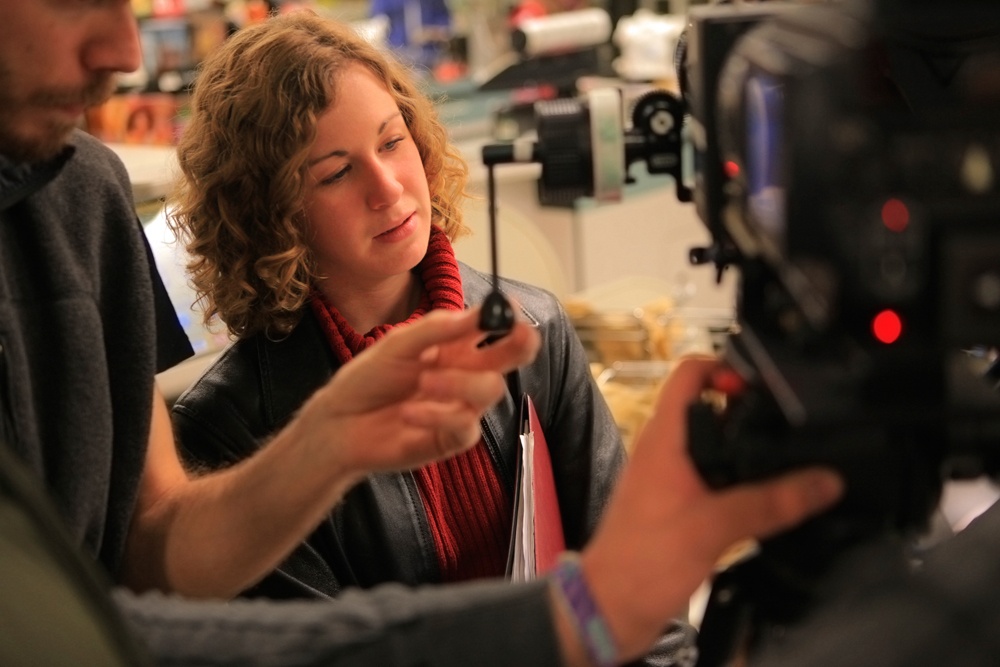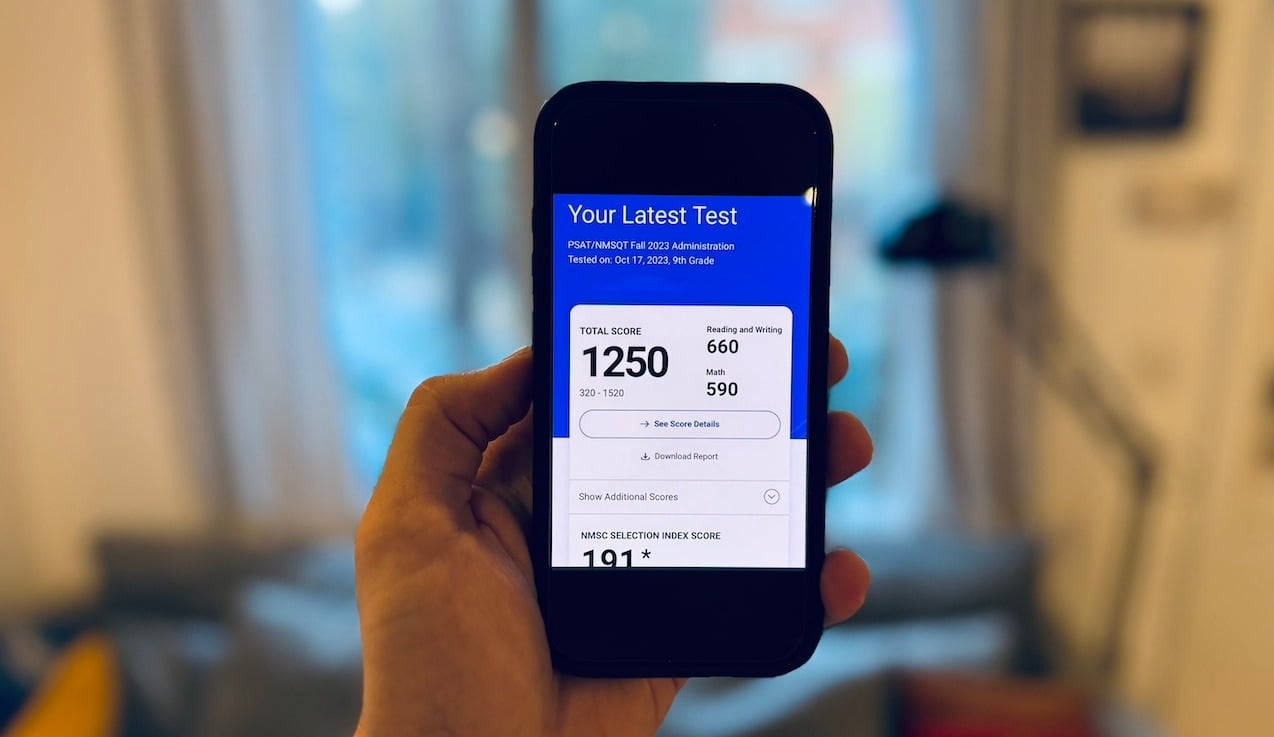Many of us in the college counseling field anticipated this moment.
We could predict the outcome when the College Board announced that there would be a new, revised SAT being unveiled in March of 2016. From the moment it was announced, my students began to worry, especially those in the Class of 2017 who would be the guinea pigs taking this new test for the first time during the all-important junior year.
Test prep companies and private SAT/ACT tutors seized this as an opportunity to start working with students earlier and more frequently than ever before. The idea was to push students, many of whom weren’t ready, to take the old version of the SATs during the first half of junior year in the hopes of being done before the SATs changed. An outsider could easily support this strategy. But the only thing it has done is force students who aren’t ready to take a test to double down (or even triple down) when the cards are stacked against them.
BONUS: 3 Good Reasons Why Taking the SATs Too Soon is a Bad Idea
Last week I started meeting with my juniors as part of the college counseling program we offer at the school where I work. I was struck by the number of students who were not only working with private tutors already, but had taken the SATs multiple times. In fact, one student had taken the SATs in November, December, and was scheduled to take the January test. Luckily, Storm Jonas, the big snowstorm that hit the East Coast, had other ideas and the test was rescheduled for a date in February.
When I asked my student who told her to take three SATs back-to-back, she said her tutor recommended it so that she could get it out of the way. I looked at the difference between her November and December scores: she had gone down 50 points the second time she took them. I told her that after she takes the rescheduled test in February, she shouldn’t take it again as colleges turn their noses up at students who take standardized tests too many times.
She then commented that her tutor told her she could then take the new SAT three times too.
Over the years, as an admissions officer, dean of admissions, and now a director of college counseling, I see one clear trend.
Students who take the ACT or SAT once or twice in the second half of junior year, and then follow a disciplined test prep plan over the summer to take the test one more time in the fall of senior year see the best results, by far.
While many students don’t want to worry about studying over the summer before senior year, it is exactly when a student is mature enough to understand the impact of test prep and how important those test scores really are in the process. The student who follows this plan not only sees their senior year scores improve, they tend to improve more than they ever expected.
"Taking the #SAT too many times can hurt your chances to #GetIntoCollege" TWEET THIS
I wish I could tell students that test scores don’t matter. Despite a growing number of colleges with test-optional policies, the majority of colleges still require standardized tests and they use them more than even they care to admit. We all want to believe that a good kid with an impeccable high school record has a chance at an elite college. But the fact is that they don’t even make a blip on the radar of acceptances.
Students don’t believe me. They point to the college’s ACT or SAT graph of admitted students indicating that 25% had scores just like them. But that is when I have to have a heart-to-heart with them.
That bottom 25% includes blue chip athletes, children of the well-connected, and other students more valued by the institution than the good kid sitting across from me in my office. If the high school record is #1 in importance, their test scores are “1a.”
Taking standardized tests is like training for a marathon. If an athlete runs a big race too many times in a row without any rest in between, they won’t see the results they want when it really counts. Students need time in between each test not only to get their score returned to see where they need to improve, but also to recharge and refocus their efforts for the next time they take it. If they just want to see what kind of score they can get, they should take a practice test because the moment a student takes an official test it becomes part of their testing history. Colleges are well-aware of the serial test-takers, and that’s why many of the elite colleges require that a student send all official scores no matter what.
The college will always take the student’s highest scores, but only after perusing how many times they took it to get that high score.
As much as I'm skeptic of the predictive qualities of standardized tests, they aren’t going away anytime soon. Students have to be smart if they’re going to conquer these tests. Sure, there are instances when students are ready to take these tests earlier than the norm. However, the vast majority of students need time, sound preparation, and pacing to make it to the fall of senior year when they are more ready than ever to take such pivotal test.
FREE DOWNLOAD—The 2016 Annual Timeline
We've updated our most popular resource to keep you on track for 2016! Our essential calendar helps you keep track of all the major deadlines and events in college admissions.








.jpg)




